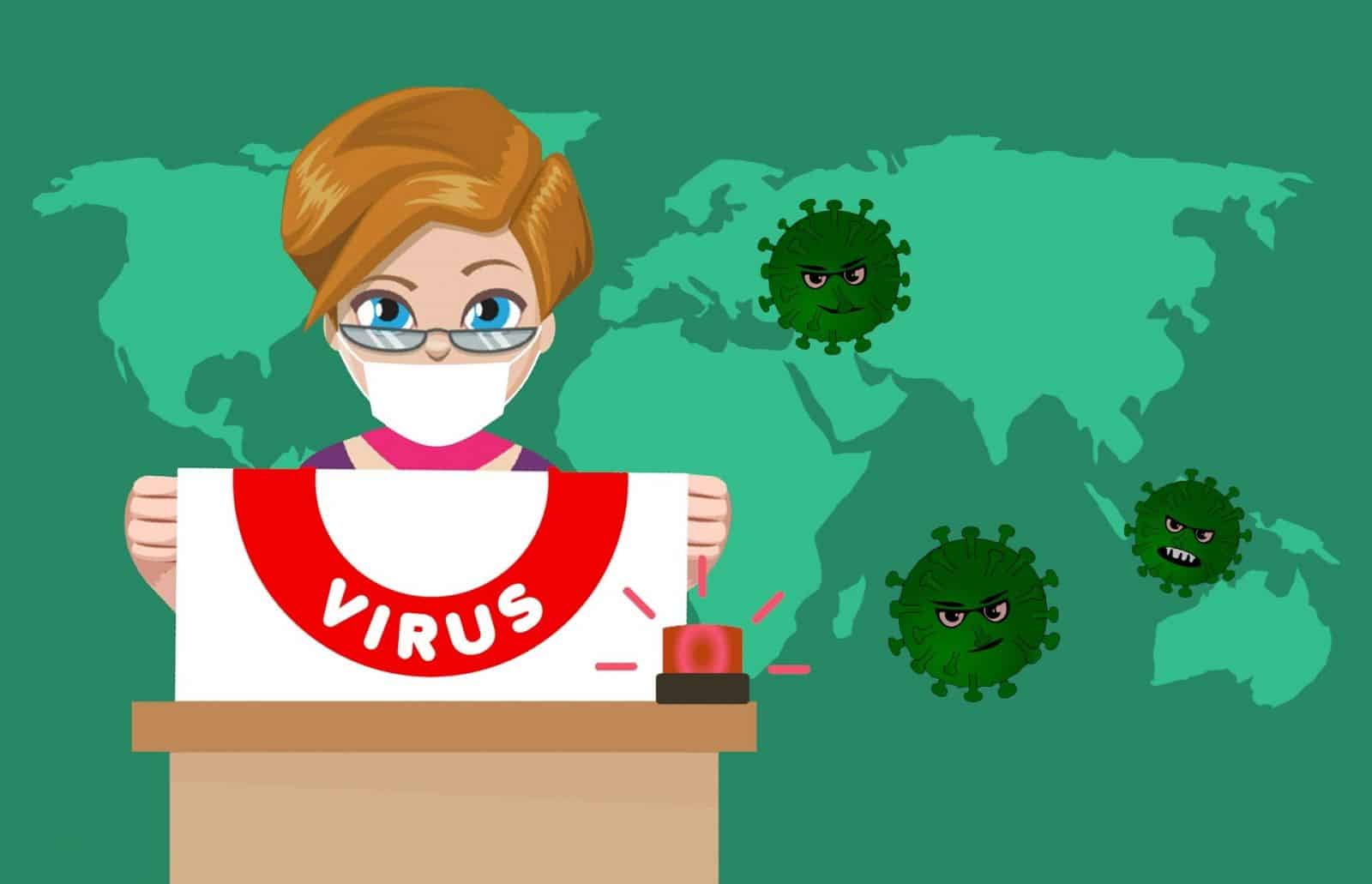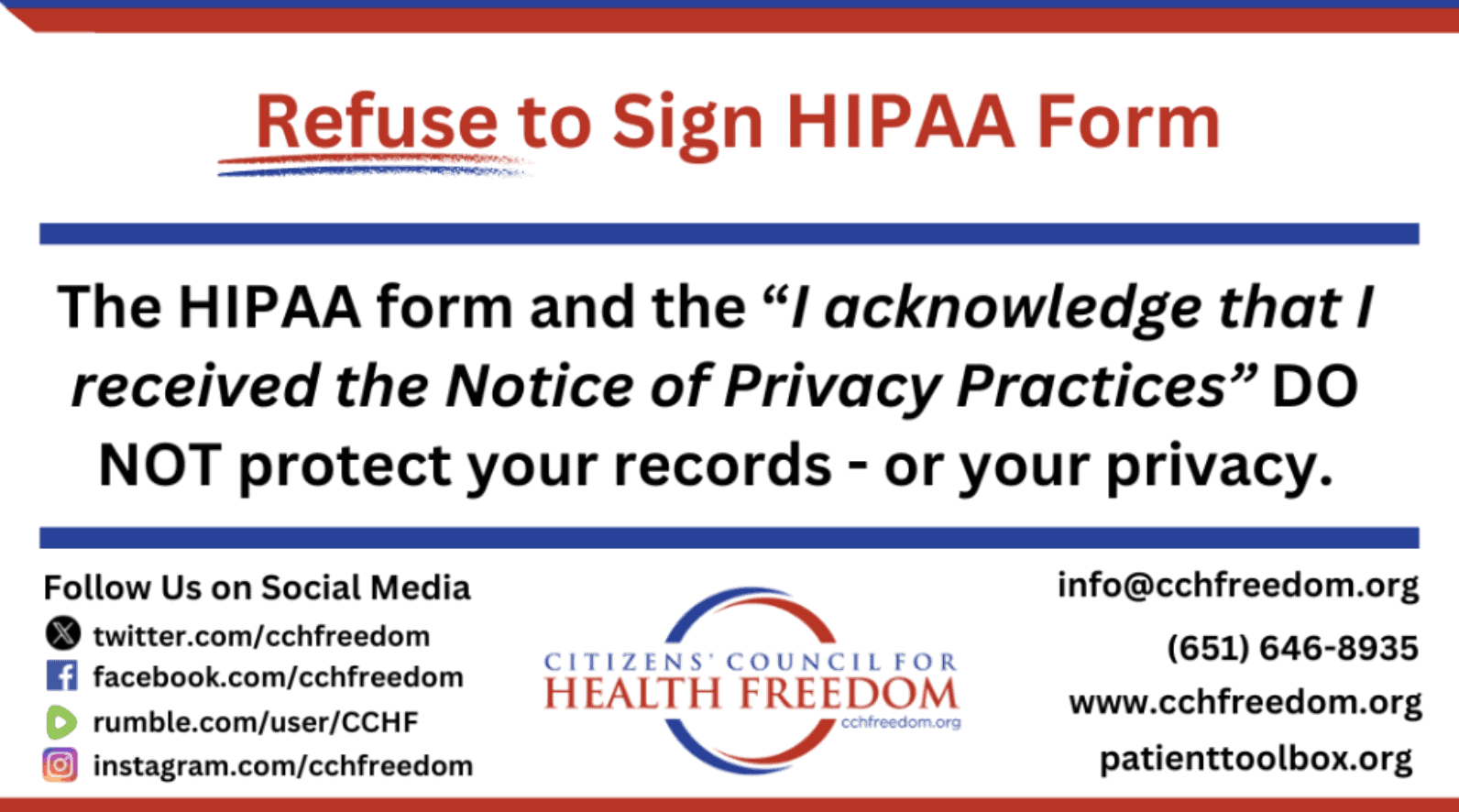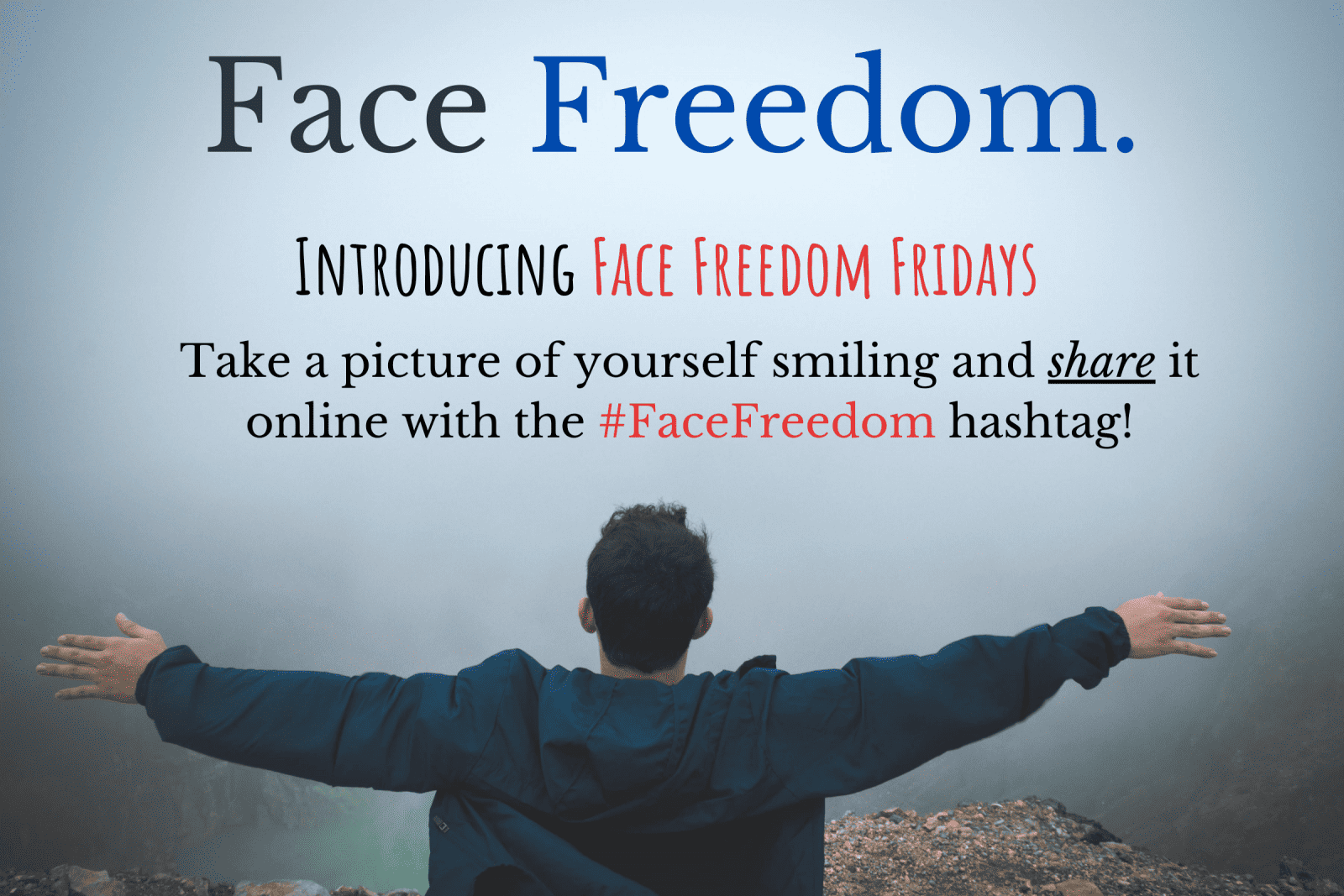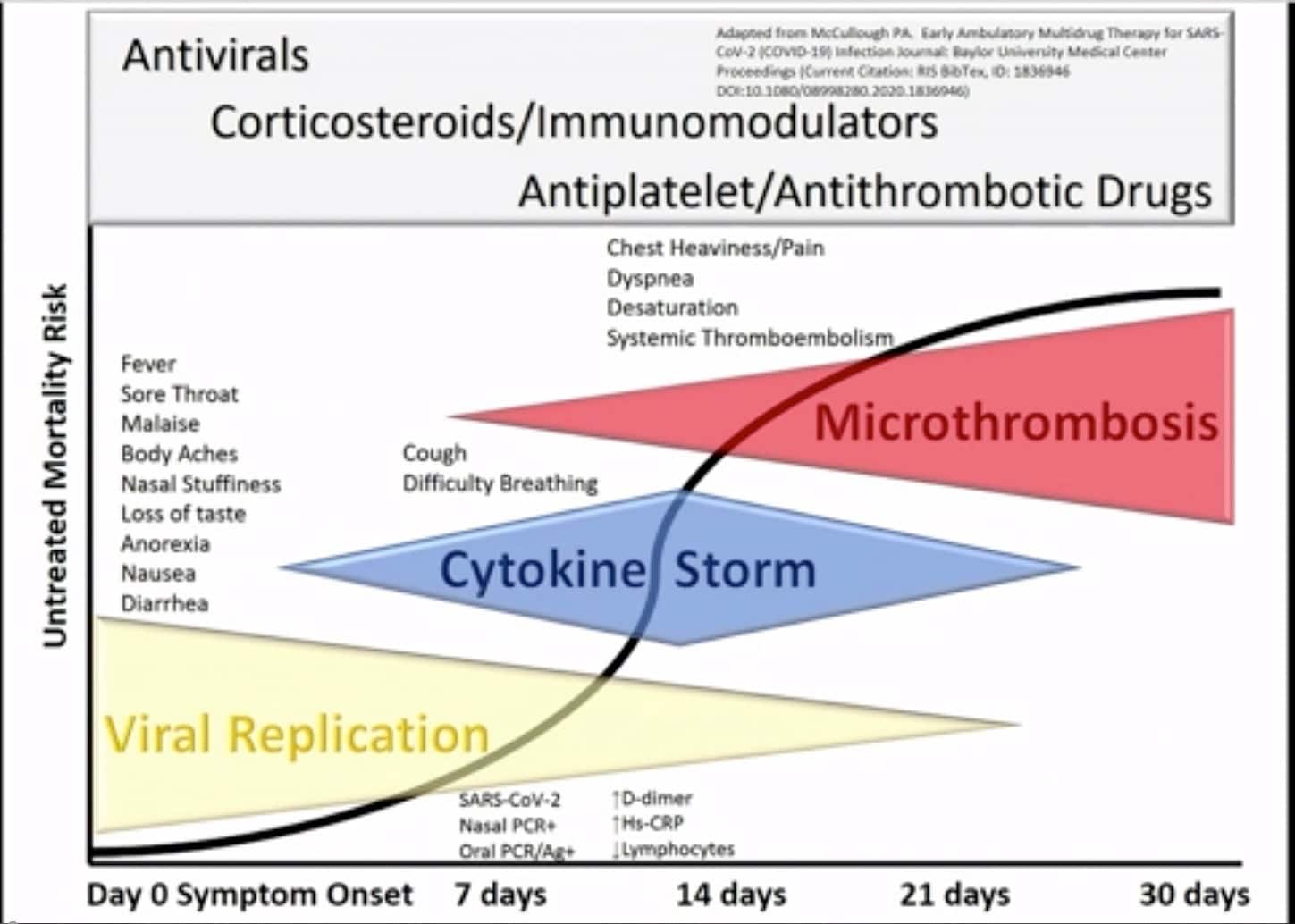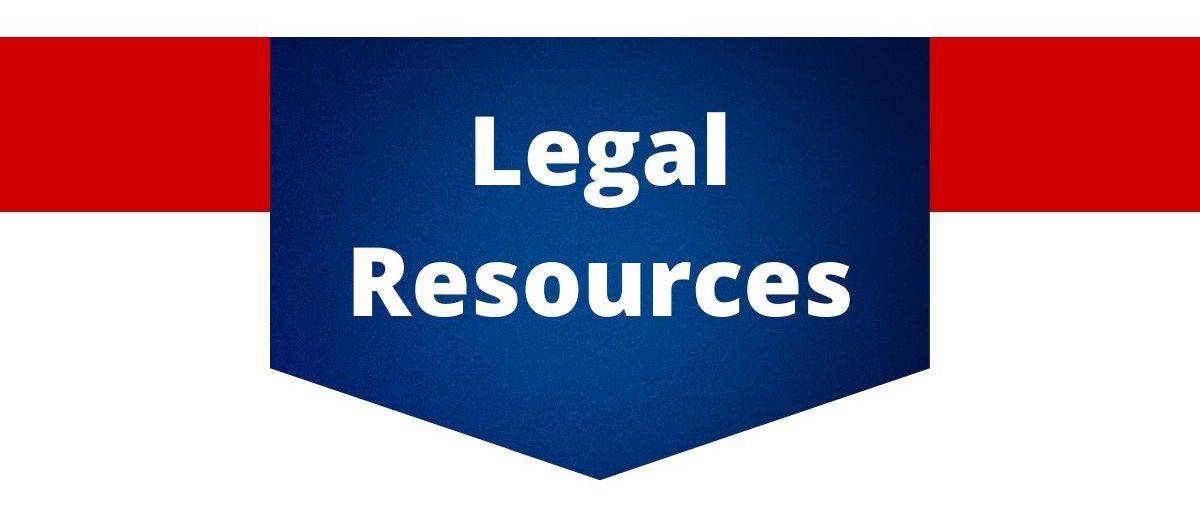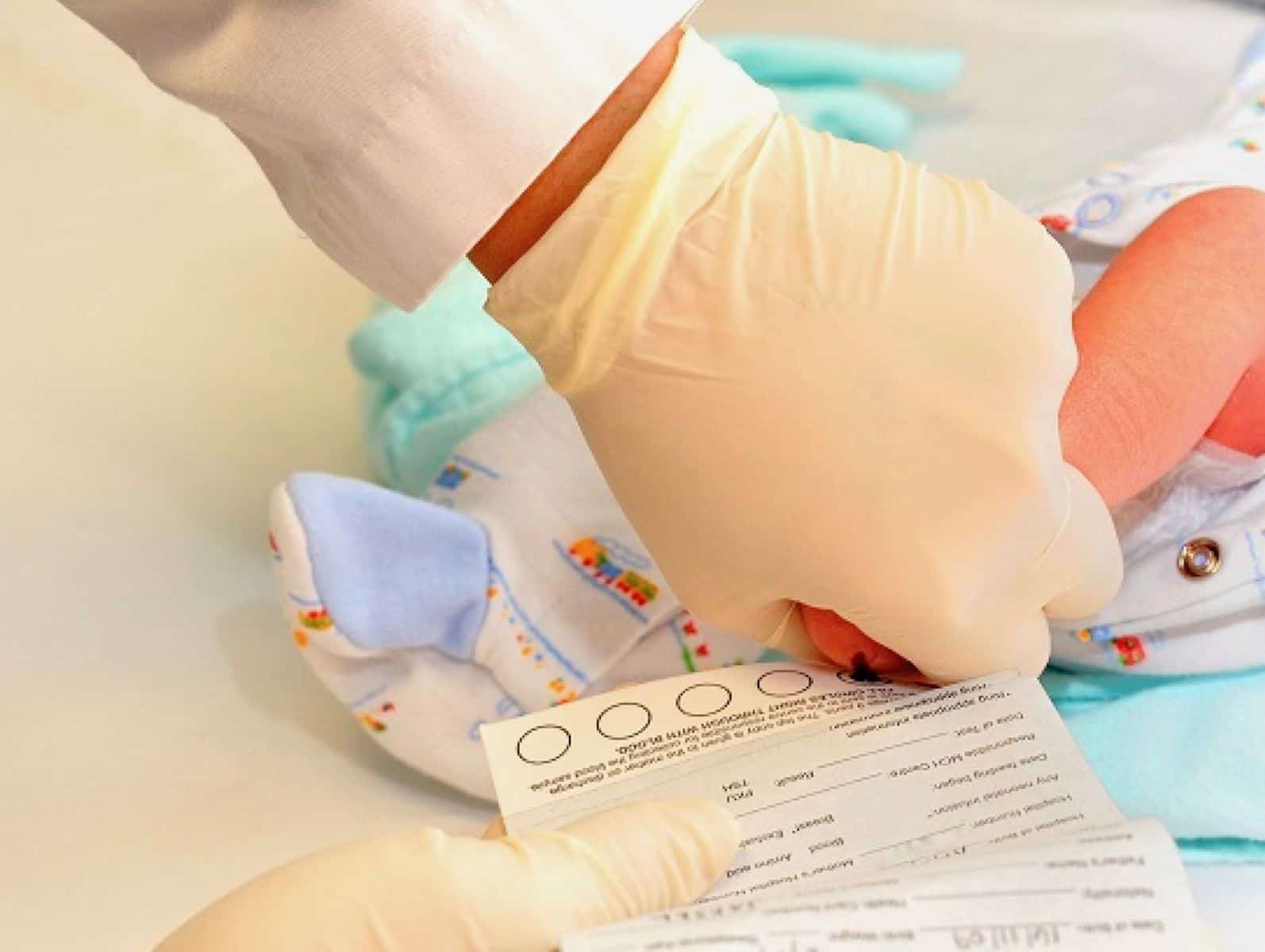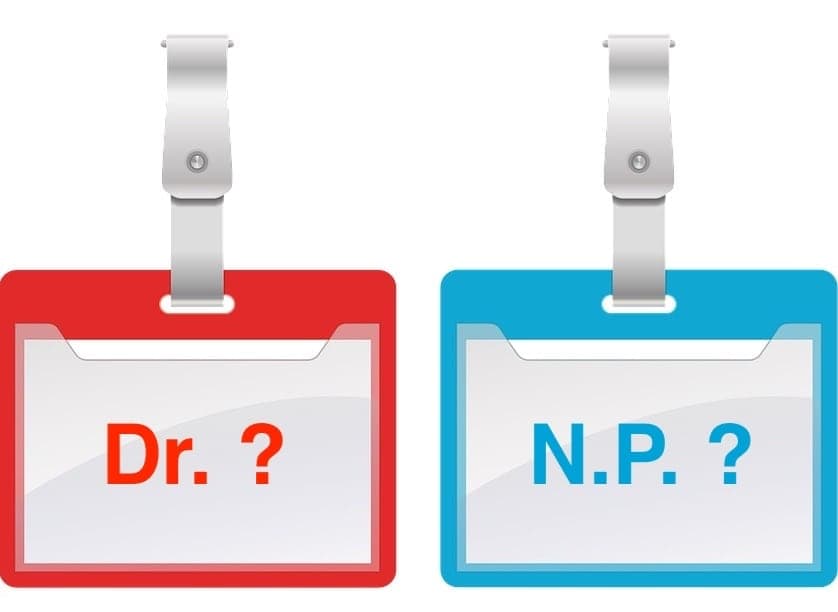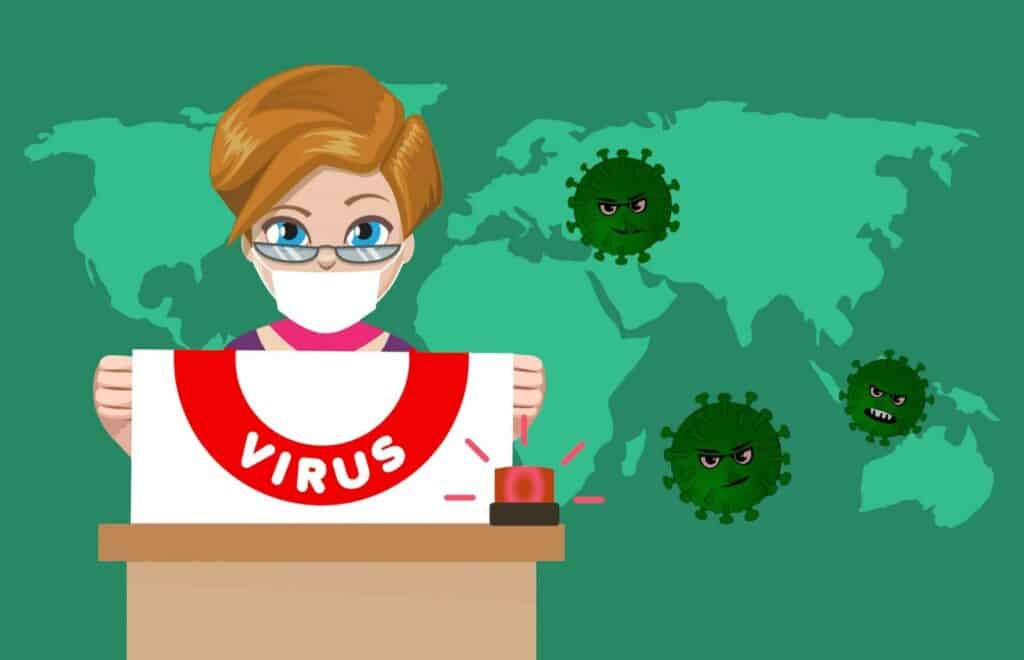
Coronavirus (COVID-19) – White House
Live Coronavirus Briefings – White House
News, Remarks, and Statements – White House
30 Days to Slow the Spread – President Trump
State by State COVID-19 Guidance – Husch Blackwell
Florida Governor Ron DeSantis
Q & A with Reporters:
Gov. Ron DeSantis: relays first reporter’s question to Dr. Martin Kulldorff Professor, Harvard University Medical School: “ … Herd immunity … I think it’s being used to say to just do nothing… Can you talk about taking action and where the action’s most beneficial?
Kulldorff: “Yeah, doing nothing would be terrible. That would lead to many deaths, unnecessary deaths among the elderly. So the key thing is that we have to do a better job in taking care of the elderly and protecting them through a variety of measures. At the same time that we should let younger people live their lives. That’s what makes public health [inaudible] such an approach. In public health, we differentiate who are at the high-risk and who are at the low risk and we have to protect those at high risk. But to do – to do nothing, that would be a terrible thing… (Click for partial transcript) (Click for link to video)
An Epidemiologist Speaks
Different epidemiologists hold various opinions about how America should respond to the COVID-19 outbreak. For example, some support getting to herd immunity as soon as possible, including by immediate opening of the schools.
An interesting and measured view come from Dr. John P.A. Ioannidis – a professor at Stanford University in the Departments of Medicine, of Epidemiology and Population Health, of Biomedical Data Science, and of Statistics. He writes in the article linked below:
This evidence fiasco creates tremendous uncertainty about the risk of dying from Covid-19. Reported case fatality rates, like the official 3.4% rate from the World Health Organization, cause horror — and are meaningless.
Dr. Ioannidis is interviewed here, where he says, “solid evidence” is needed. Instead, “We have really a pandemic of news stories and newsclips and anecdotes about coronavirus.” In reference to shutdowns, he discusses the dangerous “domino effect” that begins when a leader starts
“making decisions that may be extreme, there’s a sense that if you don’t follow-up with even more stringent decisions and even more severe decisions, you may be claimed to be negligent.”
Coronavirus disease 2019: the harms of exaggerated information and non‐evidence‐based measures
(European Journal of Clinical Investigation, March 19, 2020)
“A fiasco in the making? As the coronavirus pandemic takes hold, we are making decisions without reliable data.”
(STAT, March 17, 2020)
